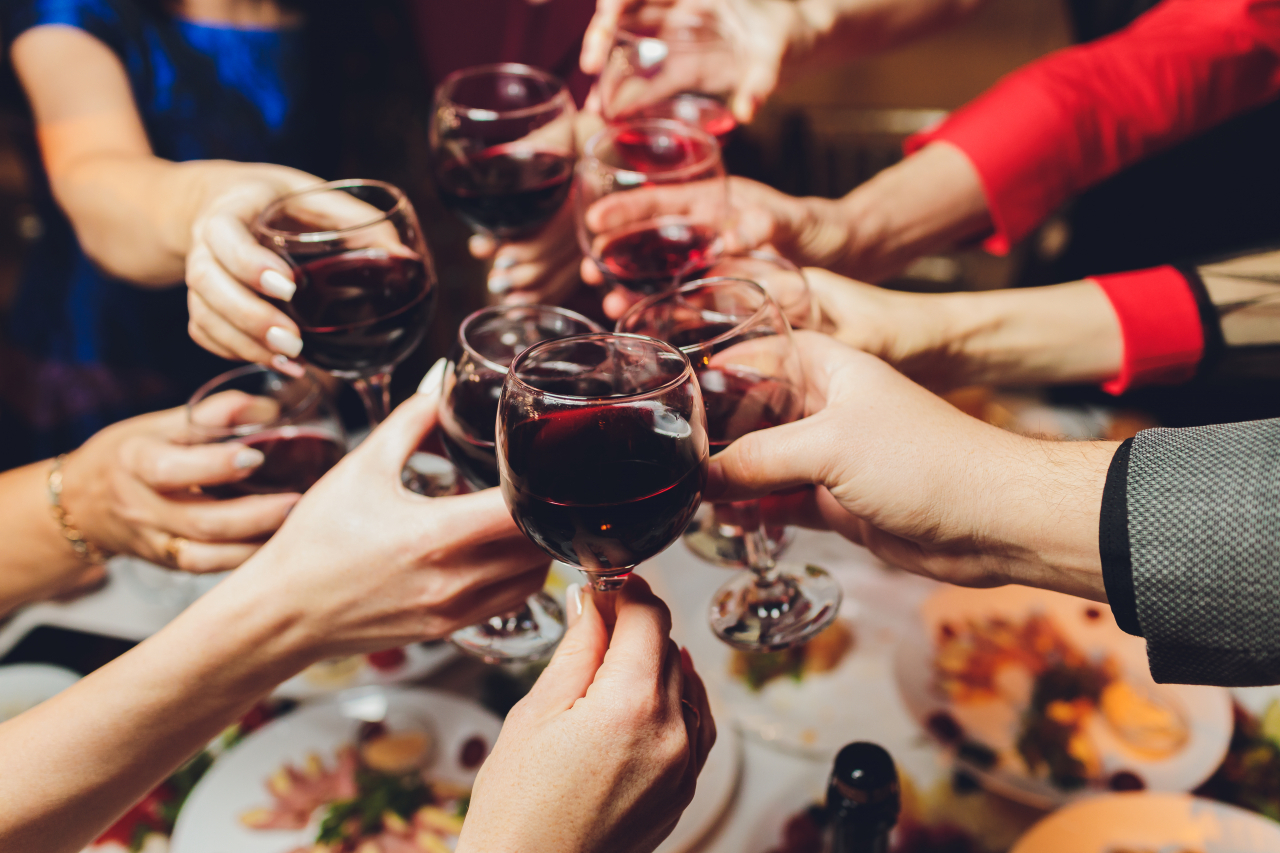 |
(123rf) |
Earlier this month, online communities across South Korea were abuzz with a story of a group of high school students who fled from a local eatery without paying. On the back of a bill, they wrote "I'm sorry but you didn't check our IDs. If we report you, you'll get shut down. We'll just go. We'll come back later after we're adults."
Legal minors reporting themselves after consuming alcohol, or threatening to do so, is quickly becoming a social issue. South Korean law only punishes those who sell alcohol to minors, not the underage drinkers themselves, giving them all the leverage to threaten bar owners who unwittingly sell them drinks.
"There have been multiple cases when teenagers would buy drinks using stolen or fake identifications and report themselves, forcing a suspension or a fine upon the store owners," Rep. Yu Eui-dong of the ruling People Power Party said Friday at his party's meeting at the National Assembly. He added that ruling party lawmakers are pushing for law revision so that these business owners would be pardoned in the case of unknowingly selling alcohol to minors.
The Juvenile Protection Act states that anyone who provides alcohol to a minor shall be punished by up to two years in prison or face a fine of up to 20 million won ($15,400).
Even when escaping legal punishment, being slapped with suspension is a major blow to small business owners. The Food Sanitation Act states that establishments caught selling alcohol to minors shall be suspended from operation for two months the first time, three months the second time, and shall have their license revoked the third time.
According to the Ministry of Food and Drug Safety, there had been 1,943 cases across the country in which alcohol was sold to minors, up from 1,648 the year before. It is unclear just how many of these cases were reported by minorities themselves, but local business owners claim that it is substantial.
A few years ago, the Korean Foodservice Industry Association released a report saying that of the 3,339 cases in which alcohol was sold to underage customers, 2,619 (78.4 percent) were caught through the minors themselves reporting the case to authorities.
The law states that in these cases, those who have been tricked by fake or borrowed ID shall not be punished. But according to Rep. In Jae-keun of the main opposition Democratic Party of Korea, only 2.8 percent have been pardoned by this clause between 2020 and 2022.
In a bid to prevent IDs from being used to break the law, the South Korean government recently implemented a policy that will punish people from using other people's ID with up to three years in prison or a fine of up to 30 million won, starting Tuesday.







